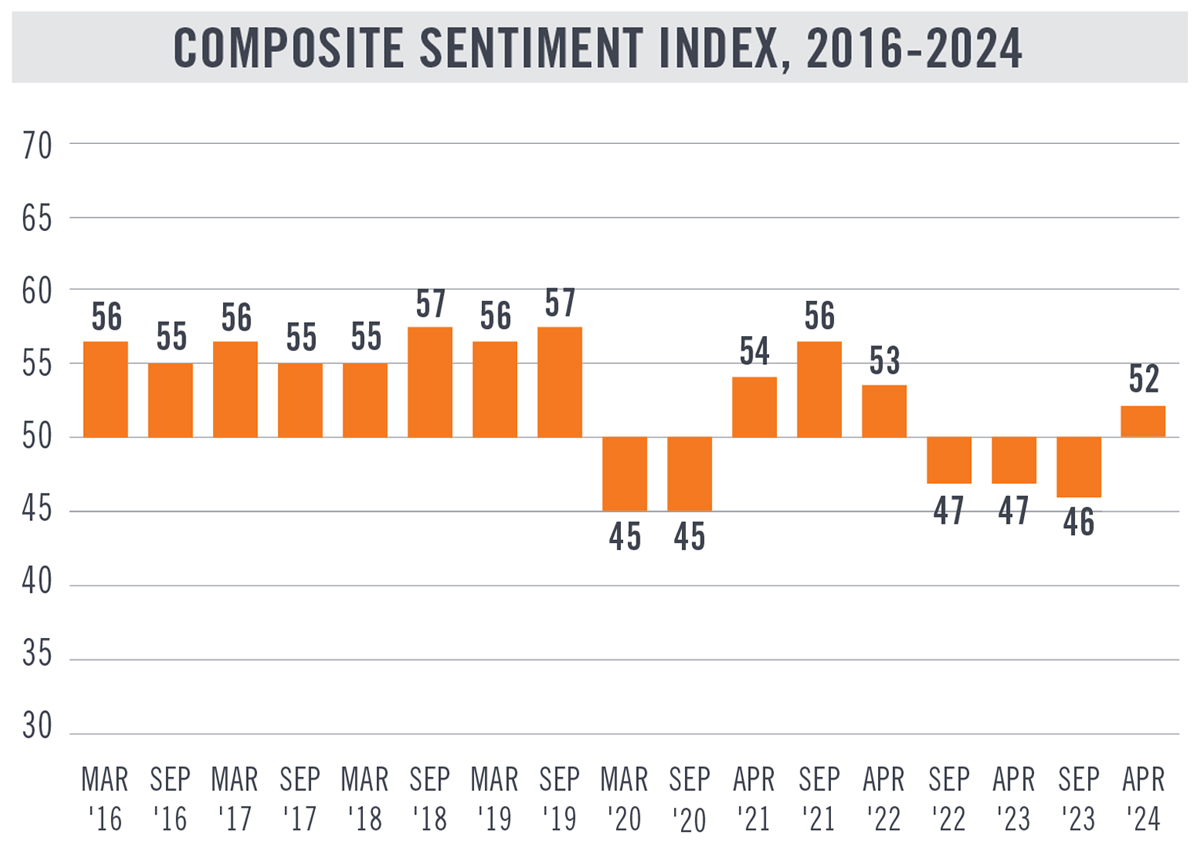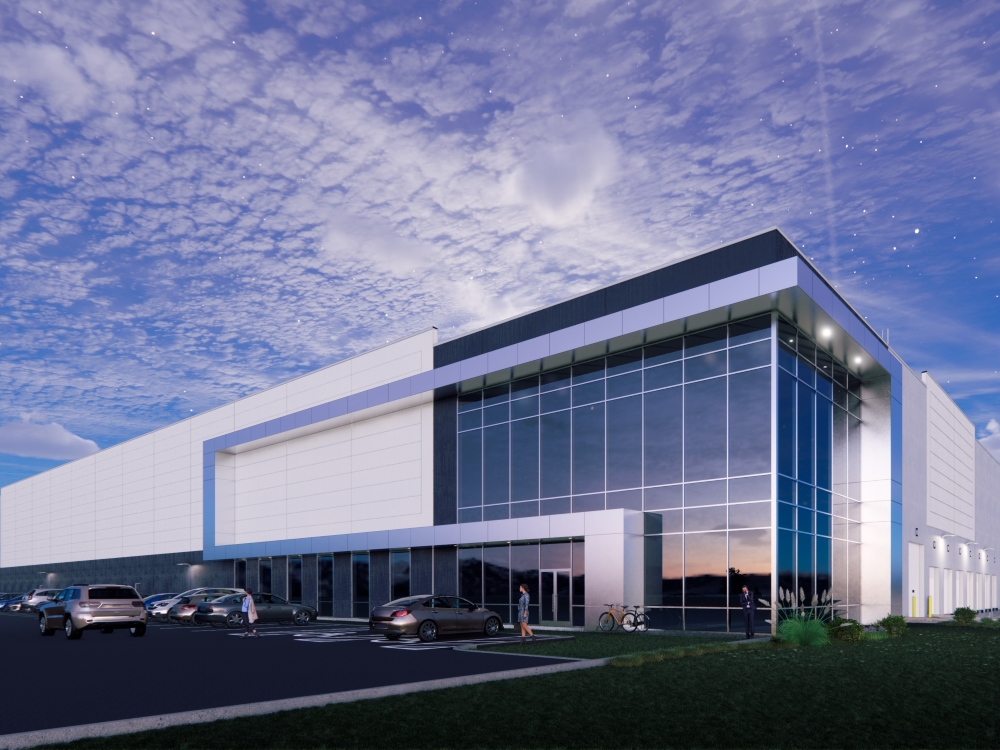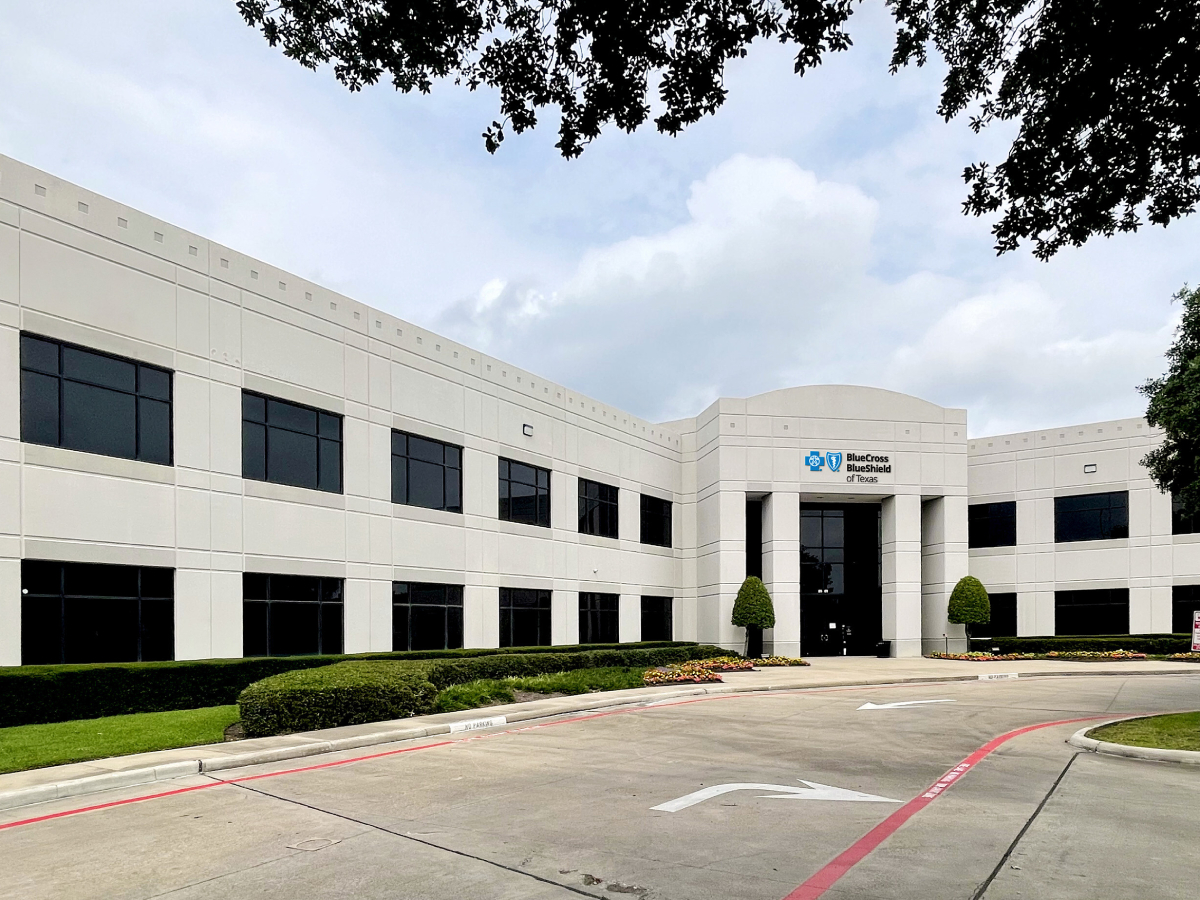Foreign Equity: Where Investors are Placing Capital
The U.S. is the most desirable country for commercial real estate investments. According to the Association of Foreign Investors in Real Estate, the U.S. is ranked No. 1 among investors globally as the country providing “the best opportunity for capital appreciation.”
By Keat Foong
When it comes to real estate, the U.S. is in favor among foreign investors. In fact, it ranked first on the Association of Foreign Investors in Real Estate’s list of global investors, as the country providing “the most stable and secure real estate investments,” as well as “the best opportunity for capital appreciation.”
The James A. Graaskamp Center for Real Estate, Wisconsin School of Business conducted Washington, D.C.-based AFIRE’s 21st annual survey in the fourth quarter of 2012, querying its nearly 200 members. AFIRE member firms have an estimated $2 trillion or more in real estate assets under management globally, according to the association.
Eighty-one percent of respondents plan to increase their portfolio size in the U.S., with 31 percent planning a “major net increase,” stated AFIRE. None reported plans to decrease their U.S. portfolios. The U.S. is “overwhelmingly” ranked first in providing capital appreciation, with 55 percent of the vote, followed by Brazil, with 17 percent.
Christoph Kahl, chairman of Jamestown US-Immobilien GmbH and the newly elected chairman of AFIRE, attributed much of the projected long-term capital appreciation to population growth. It is “one of the reasons why the institutional investment community worldwide favors the U.S. for its real estate allocations,” he said in a statement.
According to AFIRE, “for the first time since the question was asked in 2001, four of the five cities selected by the members of AFIRE as the top cities for their investment dollars are in the U.S.” These cities are New York, London, San Francisco, Washington, D.C. and Houston.
Bret Hardy, managing director of the western region of Colliers International’s Investment Service Group, told CPE that Colliers International saw foreign investment across product types begin in earnest in 2011. “These investors are taking advantage of the ‘currency discount,’ ” said Hardy, “betting on inflation or stagflation in our future and using real estate as a hedge.”
Hardy said that foreign buyers are generally seeking “critical mass, rather than one-off investments, especially in the industrial property sector.” The typical investment structure is low-leveraged or all-cash purchases for core product. Most will focus on stabilized or passive investments. “For the most part, value-add investment has been untapped by foreign capital. Capital invested in secondary markets is generally seeking long-term, single-tenant net leased investments,” said Hardy.
In a notable deal, Colliers last year represented the seller AIC Ventures in the $333.3 million purchase of 39 properties containing 6.3 million square feet. The buyer was a Brennan Investment Group, a domestic company, and the equity joint venture partners included Gatehouse Bank (London), a wholesale Shariah-compliant bank based in London. The debt, a CMBS loan, was supplied by RBS.
Countries Providing the Most Stable and Secure Real Estate Investments
1. U.S.A.
2. Canada
3. Germany
4. Australia
5. United Kingdom
Countries Providing the Best Opportunity for Capital Appreciation
1. U.S.A.
2. Brazil
3. United Kingdon
4. Turkey
Top Global Cities
1. New York
2. London
3. San Francisco
4. Washington, D.C.
5. Houston
Top U.S. Cities
1. New York
2. San Francisco
3. Washington, D.C.
4. Houston
5. Boston
Preferred Property Types (U.S.)
1. Multi-family
2. Industrial
3. Retail
4. Office
5. Hotel
Source: Association of Foreign Investors in Real Estate
For an update on foreign banks’ aggressive return to the U.S. commercial mortgage business, turn to “Another Country” in the March 2013 issue of Commercial Property Executive.






